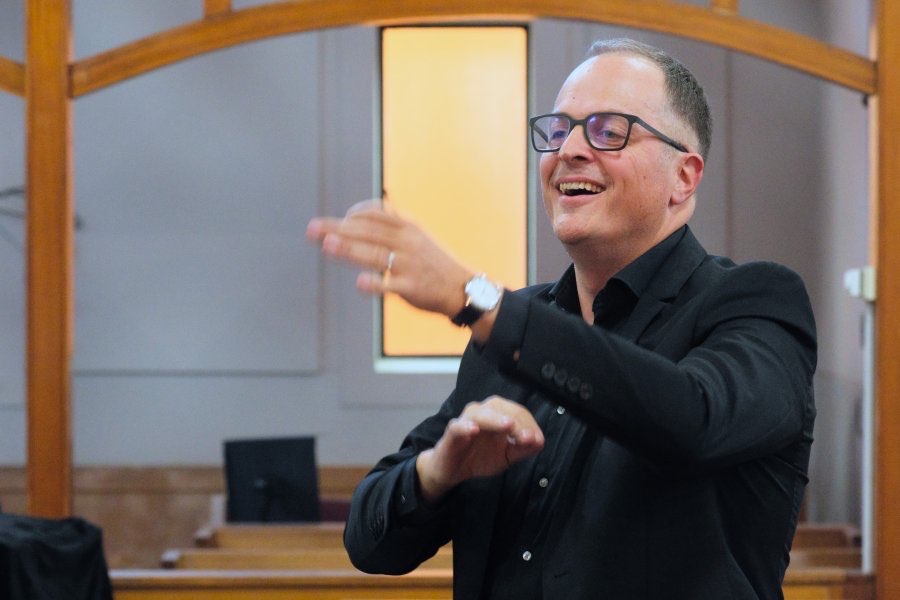
Music / Days of Miracle and Wonder, Coro, directed by David Mackay. At Wesley Uniting Church, April 5. Reviewed by MICHAEL WILSON.
If mystery and the metaphysical united this by program by Coro, the program itself could not have been more varied.
From Thomas Tallis in the 16th century to Eric Whitacre (b.1970), eight works took the audience on a giddying journey.
Coro is a project choir, meaning that the group comes together around a particular work or program, with minimal rehearsal. This requires a high standard of musicianship from everyone, and a preparedness to learn repertoire independently.
Coro’s musicianship was clear, and each of its 20 members obviously have solo-quality voices (many had solo roles throughout the performance). Well-trained voices and minimal rehearsal can make for an imperfectly blended sound, but the opposite was the case here.
A song in Spanish by Beatriz Corona (b.1962) opened the concert – a gentle, lilting piece featuring good articulation and a beautifully sung solo by Ian Mills.
In Tallis’ Videte Miraculum, the different parts swelled and handed off the dominant line to each other in relay. Then, three flower songs, but by two different composers: Britten’s The Succession of Four Sweet Months followed by Go, Lovely Rose and I Hide Myself by Whitacre. Stylistically they fitted together better than you might expect.
An arrangement for choir of George Butterworth’s The Lads in their Hundreds from the song cycle A Shropshire Lad (to poems by Housman) landed poignantly, interspersing the fun of a country fair with death on the battlefield. Butterworth himself died at the Somme in 1916.
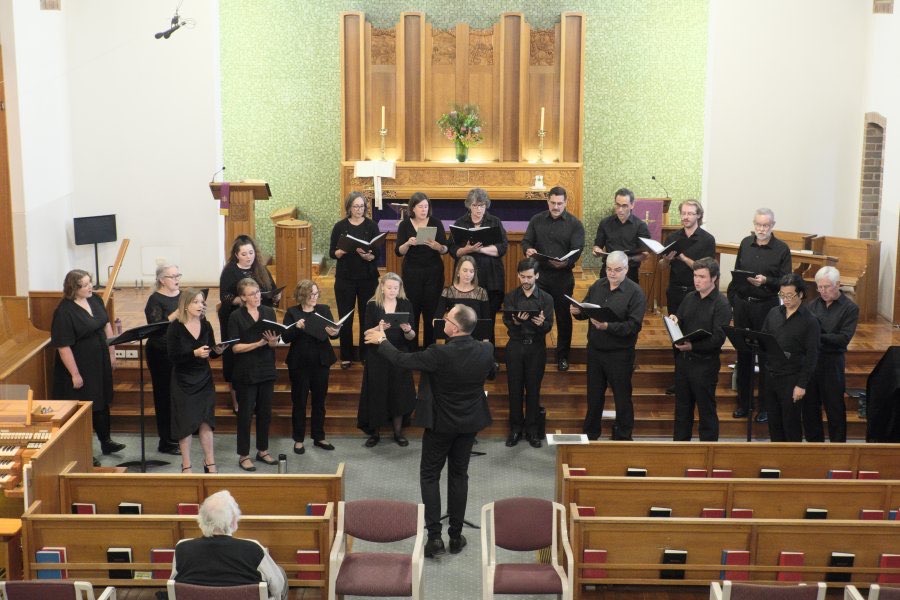
Victoria’s O Magnum Mysterium was performed with amazing restraint, subtlety and delicacy. Choirs often wallow in the rising and falling harmonies of this classic Renaissance piece, leaning heavily on the cadences and the accidental notes. So it was refreshing hearing it performed in this more modest form.
The climax of the afternoon was The Glory and the Dream by Richard Rodney Bennett (1936-2012) with words from Wordsworth’s Ode on Imitations of Immortality from Recollections of Early Childhood.
It’s a complex, wild piece, with constant changes in key, tone, character and volume. Pitching difficult intervals and in clashing chords clearly took great concentration, between regular vocal fanfares in unison.
It’s a magnificent, shiny, dramatic work, with virtuoso organ accompaniment – executed with mastery by Callum Tolhurst-Close – but not necessarily everyone’s cup of tea. It was difficult not to be impressed and moved by the trailing, quiet, gentle ending underpinned by the tremble of the 32 foot organ stop (the lowest pitch discernible by the human ear).
Execution was confident, dynamics thoughtfully rendered and cutoffs precise, although the odd entry was slightly scrappy, as if the singers were seeking a little more guidance from David Mackay’s otherwise very clear conducting. This was a polished performance of surprises and challenging rarities, with some familiar favourites thrown in.
Who can be trusted?
In a world of spin and confusion, there’s never been a more important time to support independent journalism in Canberra.
If you trust our work online and want to enforce the power of independent voices, I invite you to make a small contribution.
Every dollar of support is invested back into our journalism to help keep citynews.com.au strong and free.
Thank you,
Ian Meikle, editor
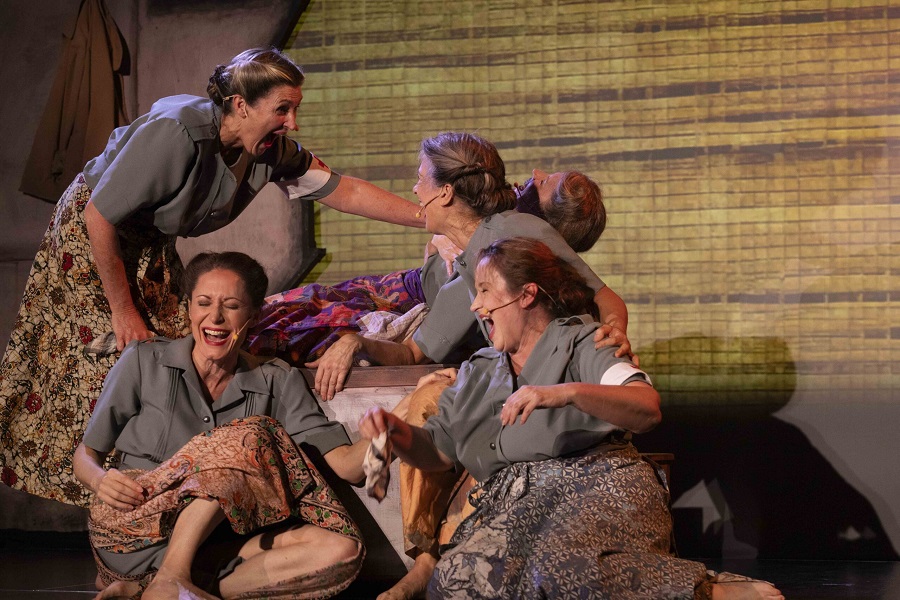

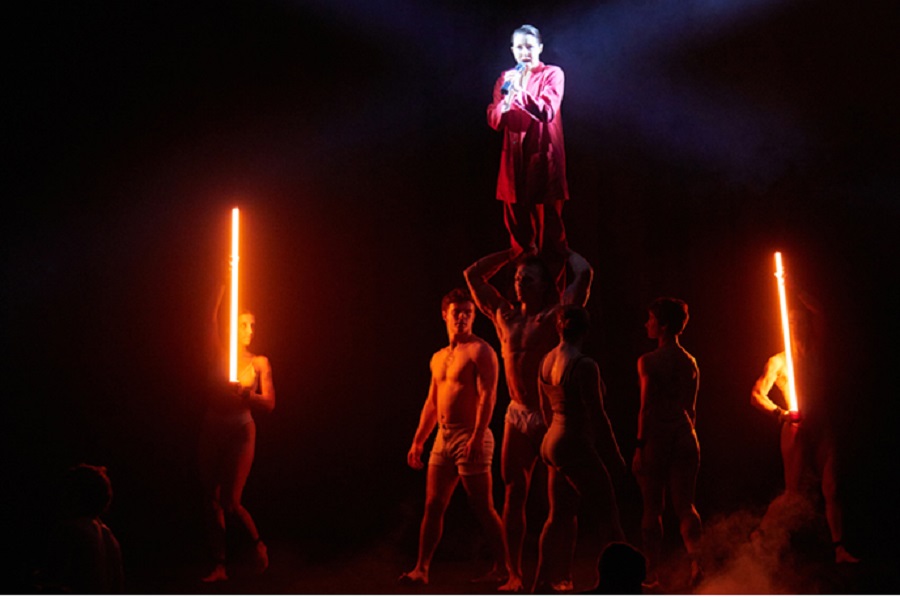

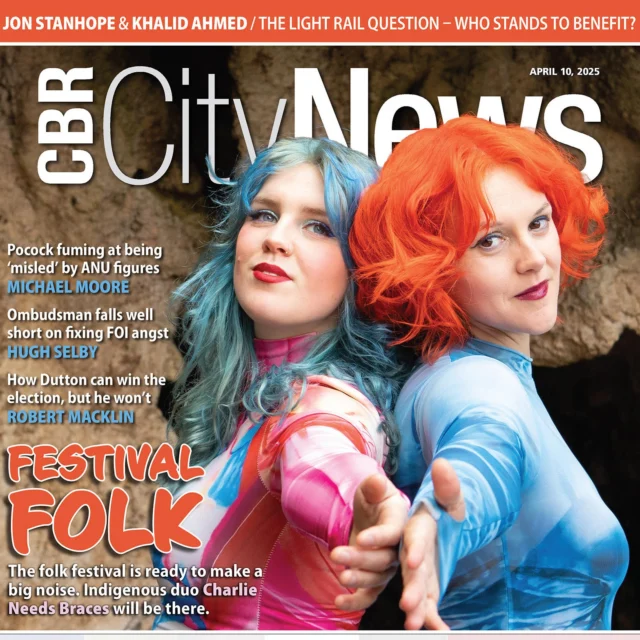
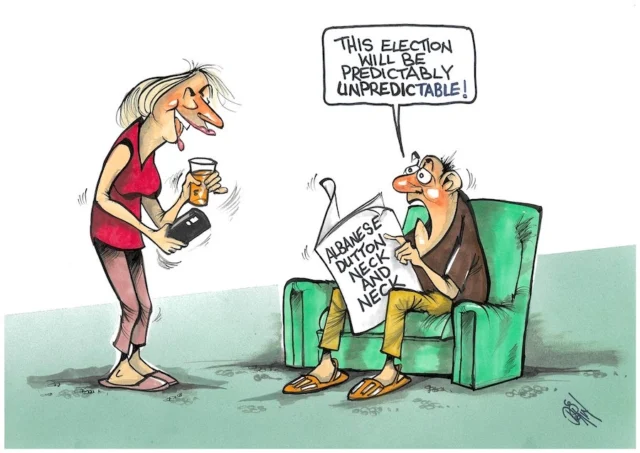

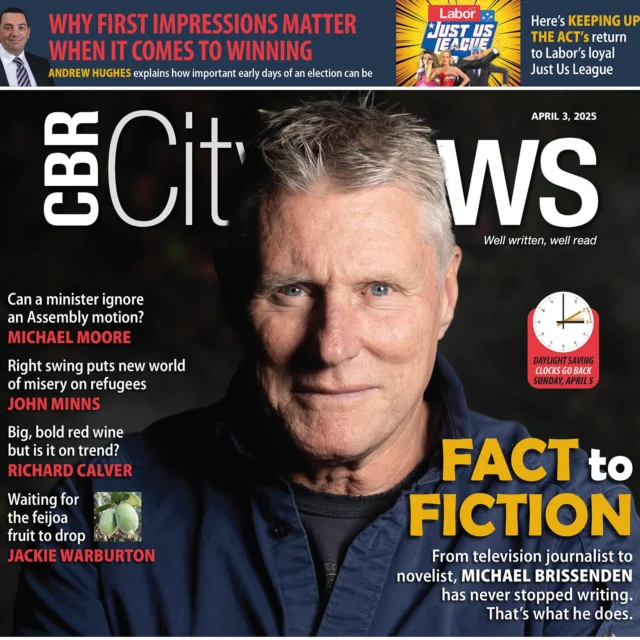
Leave a Reply